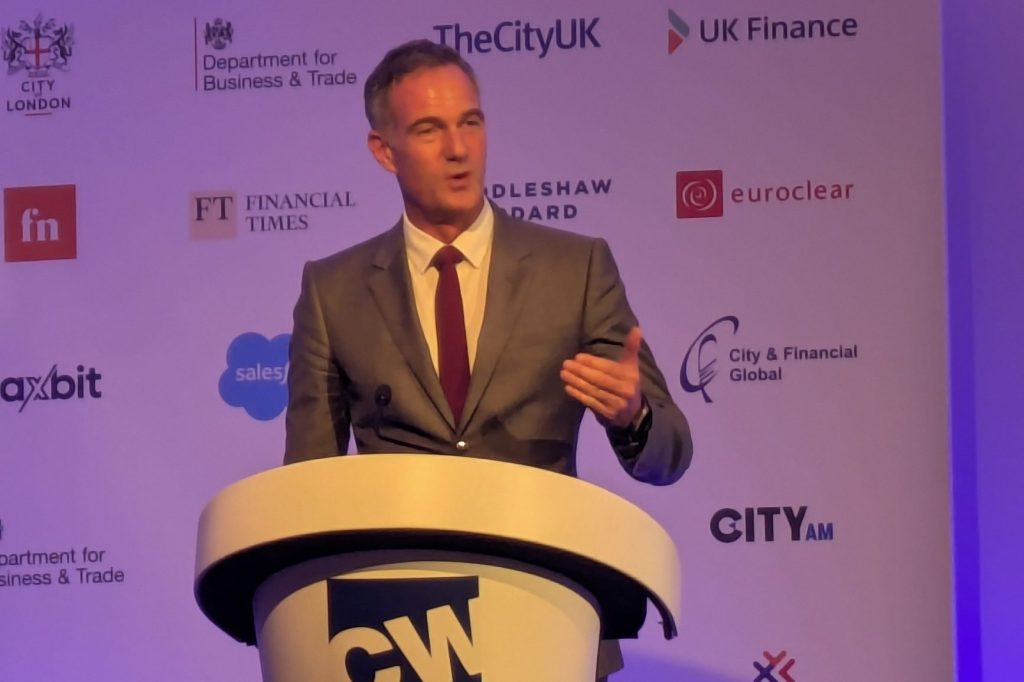Our autumn roundtable for UK hedge fund compliance practitioners was as lively as ever. Indeed, we ran out of time as there were so many issues to cover. Some were old favorites, some brand new.
Recordkeeping
First up was the furore around the recordkeeping fines delivered by the SEC and CFTC in the US. The obvious concern here was the impact for asset managers and investment advisers being held to the same standards, and the question of what the UK FCA might do from a supervisory and enforcement perspective. The SEC initiated a sweep of select prominent asset managers and sent a document production request to be returned by October 18, 2022. The FCA has already indicated it will be looking at personal communication recordkeeping compliance as part of its supervision. It was interesting to hear one attendee say their business continuity backup is communication on WhatsApp.
Sustainable finance disclosure
The debate moved on to Sustainable Finance Disclosure Regulation (SFDR) and the extent to which Level 2 reporting is taking place. Many said they were downgrading funds, as they couldn’t get the data required to report fully. The shift from Article 9 to 8, and 8 to 6 is now common. This is a major overhaul. Article 6 funds are expecting investors to want a report, even though it is not a regulatory obligation. Compliance teams are at loggerheads with sales and marketing teams that try to convince others their fund is Article 8. Many are finding it hard to retain talent around ESG, as the market is hot for people with any experience. The way that funds are labeled is under review in the UK, and there is recognition that the rules in the US and UK/EU are now inconsistent. The political sentiment around sustainability between the two areas is also vastly different right now.
Prescribed Responsibility
The next topic for discussion was CASS Prescribed Responsibility. It relates to whether the firm holds client money and the need to document the firm’s mandate. This implies that firms can still control client money, even though they don’t hold it and that needs to be assigned under the Senior Managers and Certification Regime (SMCR). There was no clear agreement among roundtable attendees as to who might take this responsibility. Is this one for the COO or the CCO?
FCA improvements
Several of the group mentioned having spotted a notable uptick in FCA’s efficiency answering calls and processing applications, with some noting the regulator seems to have started using at least one outsourced legal firm. All of which was welcomed by practitioners.
On a similar subject, one attendee mentioned an FCA visit related to fund liquidity issues. They were visiting 14 other firms as a mini-thematic review and would elicit industry feedback. The focus was mainly on governance and the role of ACDs and investment managers, with analysis of dilution levies, thresholds and pricing. Another attendee said the FCA had been interested in her firm on a more macro-level, as a market-impacting fund. She said the FCA was doing its job well and was aware of the connection to the market and the banks that her fund works with, so was just staying ahead of the game.
Personal account dealing
The roundtable concluded with an old favorite: personal account dealing. The key question was the uncomfortable discrepancy on US Treasuries, which are not reportable in the US but are in the UK under MiFID. One firm has taken the line that as they are securities and they do trade them, they need to be reported even though the market is so vast it is not likely any firm, let alone individual, could have any material influence or inside line on US Treasuries. One person added that any Treasuries with less than six months to maturity get an exemption.

















